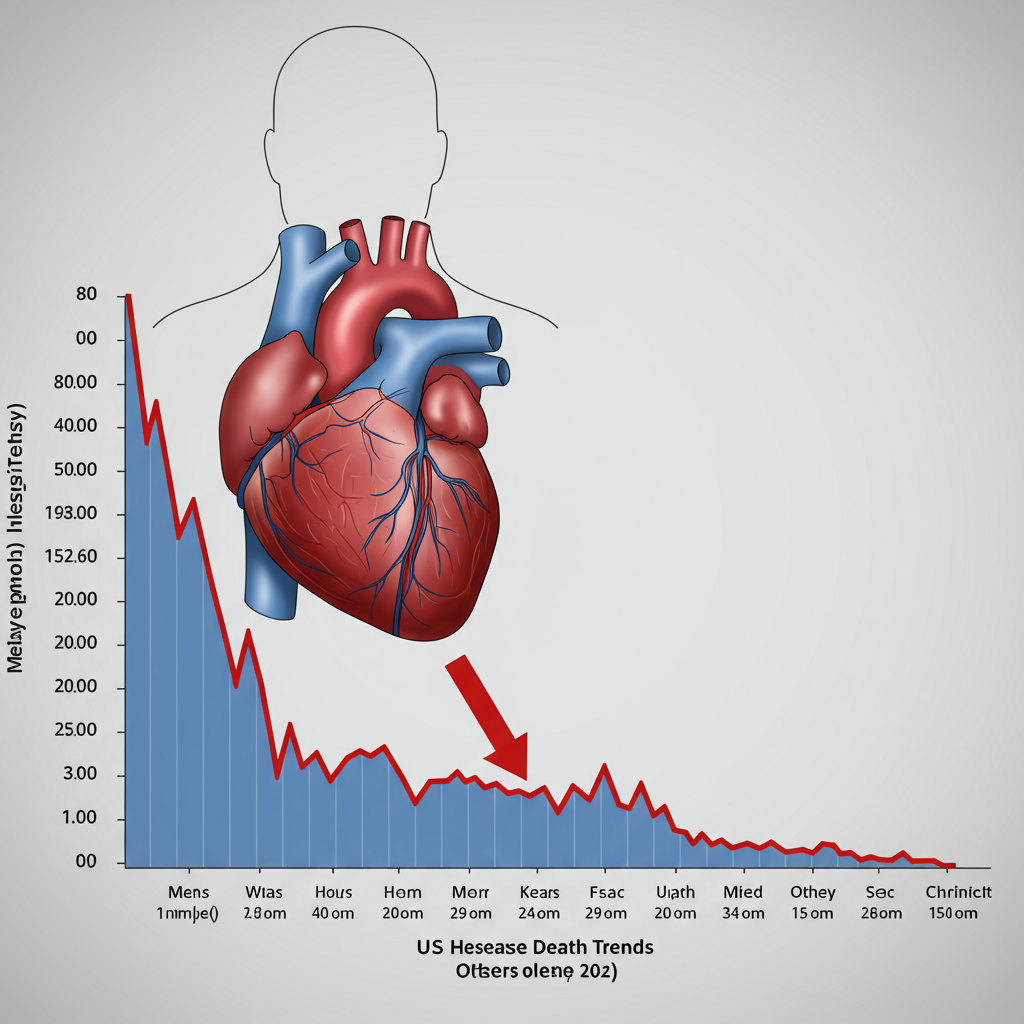Are Your Napping Habits Putting You at Risk? The Surprising Link Between Daytime Sleep and Mortality
Napping has long been celebrated for its many benefits. A short afternoon doze can refresh the mind, boost creativity, improve mood, and even help preserve brain health as we age. Experts have noted the positive effects of a well-timed “power nap.”
However, recent research suggests that not all naps are created equal, and certain napping patterns could potentially signal underlying health issues linked to an increased risk of death.
The Study Linking Naps to Mortality Risk
A significant study conducted by researchers from Harvard Medical School and Massachusetts General Hospital analyzed data from over 86,000 adults, utilizing objective sleep data from wearable activity trackers worn by participants in the UK Biobank. The findings, presented in a study abstract in the journal Sleep, revealed a notable association between specific daytime napping habits and a higher risk of all-cause mortality in middle-to-older aged adults over an 11-year follow-up period.
The study identified three key characteristics of daytime napping linked to this increased risk:
Longer Nap Duration: Naps lasting for extended periods were associated with a higher mortality risk.
Greater Variability: Napping for inconsistent lengths or at irregular times from day to day also showed a connection.
Specific Timing: Napping around noon and in the early afternoon was linked to the highest increased risk, specifically between the hours of 11 AM and 3 PM.
These associations remained even after accounting for various potential confounding factors, including body mass index, alcohol consumption, smoking habits, and the total amount of sleep participants got at night.
Why the Link? Napping as a Potential Health Indicator
Researchers emphasize that these findings indicate an association or correlation, not necessarily that napping itself causes an earlier death. Instead, problematic napping patterns may serve as early indicators of declining health or underlying medical conditions.
Lead investigator Chenlu Gao, PhD, suggested that longer or more irregular naps might reflect poor nighttime sleep quality, disruptions in the body’s natural circadian rhythm, or existing health issues such as cardiovascular disease, metabolic disorders, depression, or early neurodegenerative changes.
Supporting this idea, a 2023 study published in the Obesity Society’s journal found that individuals who take long naps tend to have less favorable metabolic profiles. They often exhibit higher body mass index, larger waist circumference, elevated blood pressure, and a greater prevalence of metabolic syndromes – traits strongly linked to conditions like obesity, diabetes, and heart disease. Long nappers in that study were also associated with later bed and meal times, increased food intake at lunch, and cigarette smoking.
Experts suggest that underlying conditions that disrupt nighttime sleep, like sleep apnea, or energy-draining chronic illnesses might be driving both the need for longer, irregular naps and the increased mortality risk. Alternatively, consistent long or midday naps might themselves disrupt the body’s internal clock, potentially impacting metabolic and cardiovascular health factors.
Contextualizing Napping Risks with Other Sleep Findings
This research on specific daytime napping patterns adds another layer to our understanding of how sleep impacts health. It’s important to consider it alongside established risks related to other sleep behaviors:
Irregular Nighttime Sleep: Research consistently shows that maintaining an inconsistent sleep schedule at night, even if getting enough total hours, increases the risk of major cardiovascular events like heart disease and stroke.
Insufficient Nighttime Sleep: Experts, like Dr. Dan Friedrich, warn that consistently sleeping too little, particularly less than five hours per night, is strongly linked to increased mortality risk, cardiovascular disease, and other health issues. Studies have shown inadequate sleep is associated with multimorbidity, especially in older adults.
Excessive Nighttime Sleep: Interestingly, sleeping excessively long at night (e.g., more than 8-9 hours) has also been associated with negative health outcomes, including an increased risk of death from chronic kidney disease, according to a study in Japan.
These findings collectively underscore that disturbances or extremes in any aspect of sleep – duration, timing, or regularity, whether day or night – can be signals that warrant attention regarding overall health.
Finding the Right Balance: When Napping is Still Beneficial
The good news is that this research doesn’t negate the benefits of all naps. Short power naps, typically lasting 15 to 30 minutes, are still widely recommended by sleep experts. These brief rests can boost energy and alertness without causing the grogginess associated with entering deeper sleep stages or interfering significantly with nighttime sleep patterns.
The key takeaway is that certain patterns are linked to potential issues.
When to Consult Your Doctor
If you find yourself consistently needing long naps (more than 30-60 minutes), napping frequently, napping primarily around midday (11 AM – 3 PM), or feeling excessively fatigued despite napping, it could be a sign of an underlying health condition or a sleep disorder like sleep apnea. Consulting a healthcare professional or a sleep specialist is recommended to investigate potential causes and improve your sleep health.
Prioritizing quality nighttime sleep through consistent schedules, a conducive sleep environment, regular exercise, and limiting stimulants can also help reduce the perceived need for problematic napping habits and support long-term health.
While more research is needed to fully understand the complex relationship between napping and mortality, the latest findings suggest that paying attention to your daytime sleep habits, especially if you are older or have existing health concerns, could provide valuable insights into your overall well-being.




